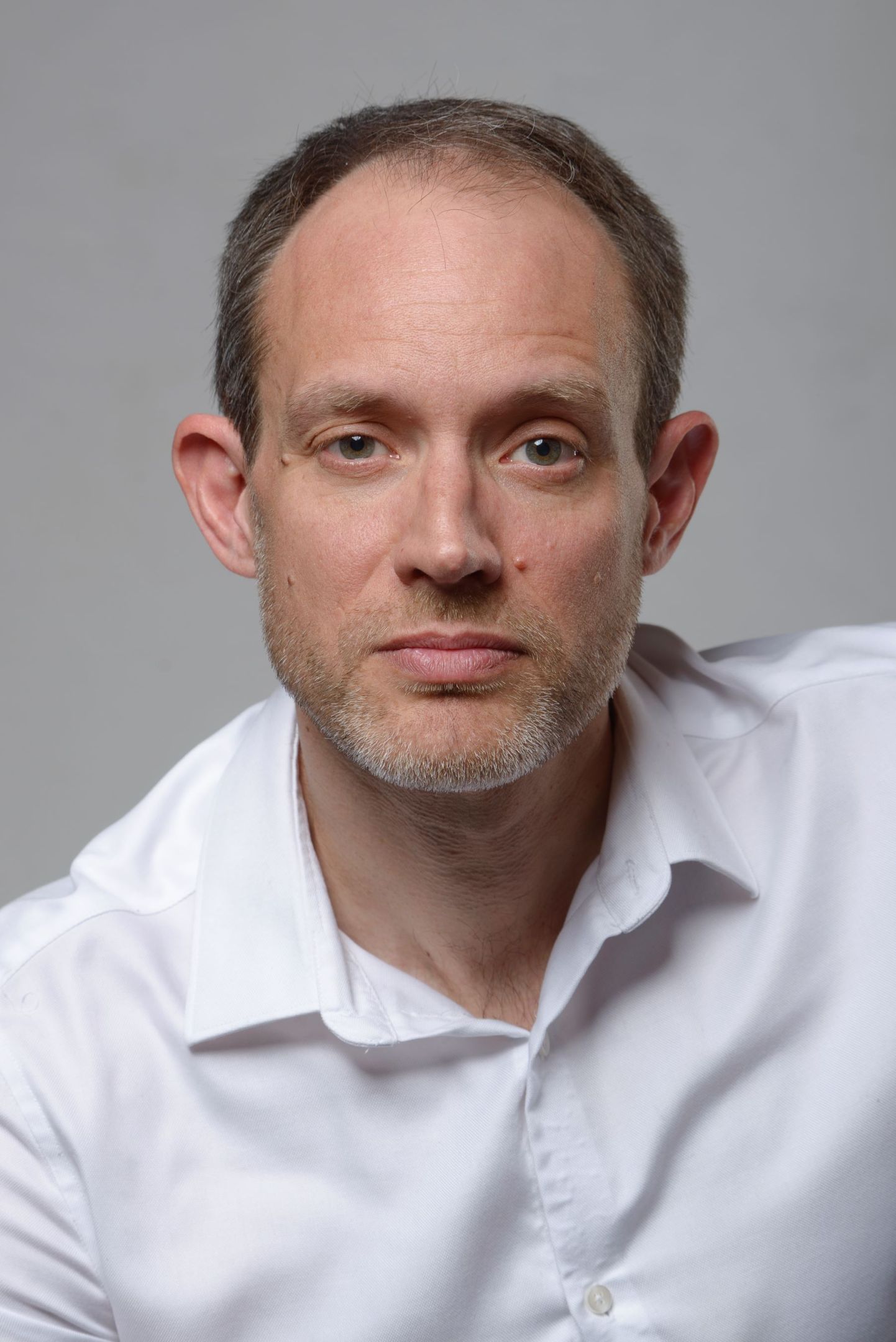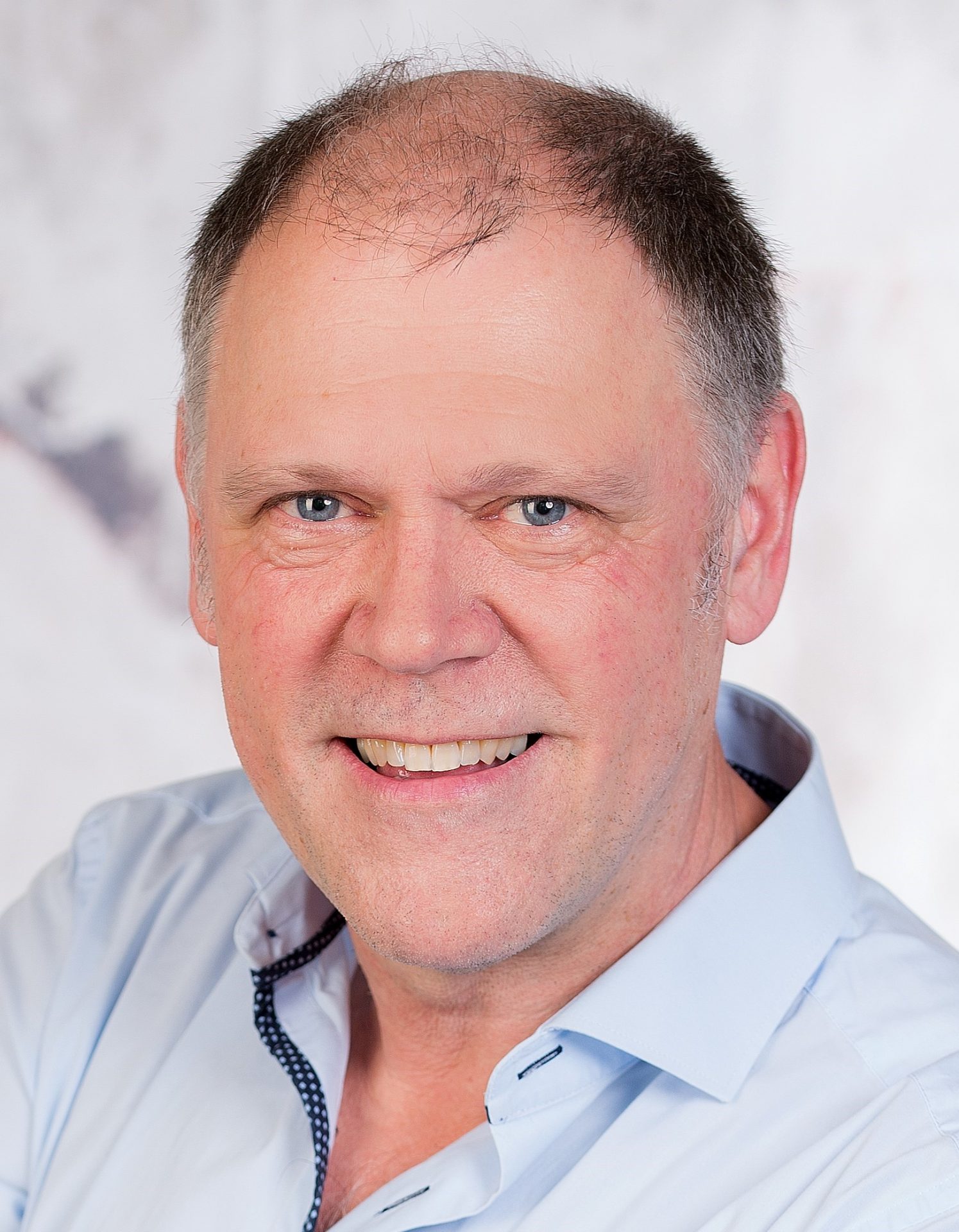20. Dezember 2021
Let’s blow the whistle*

Von Maxime Chrétien und Michael Dietrich
The main objective of six webinars, organized by ACFE Switzerland, dealing with the current topic of whistleblowing was to perform a deep dive on the current challenges that whistleblowers are facing. What have they experienced in their courageous step forward?
The participants were able to interact with the guest speakers – four well-known whistleblowers, one journalist working for Public Eye as well as an elected judge, working for the Geneva state Court of auditors -, bringing their own experiences to contribute to better governance for public and private organizations.
Is it worth blowing the whistle?
When Xavier Justo, the Swiss whistleblower of the famous Malaysia Development Berhad fund case (1MDB), decided to blow the whistle, he had no idea what he was getting into. The 1MDB is probably one of the biggest financial scandals – with more than 3,5 billion US Dollars of public funding diverted. By providing confidential information to a British journalist, he helped expose the 1MDB scam worldwide. But he was far from being recognized as a hero and ended up spending 18 months in jail in Thailand, going through a pure nightmare and facing ongoing prosecutions. Any regrets? This difficult journey was important to stop this global misconduct consisting in stealing money from Malaysians. However, whistleblowers could be the prime target of corrupted officials and money is very powerful to influence local governments. Due to the lack of robust protections, Xavier Justo recommends strongly getting legal advice before leaking confidential information thereby avoiding long and stressful lawsuits.
Is tax evasion of public interest?
One of the main discussions relates to tax evasion and the legitimacy to blow the whistle. From tax evasion in Jersey to Luxemburg, the common characteristic is, that companies or wealthy individuals save a significant amount of tax proceedings at the expense of countries, and particularly of their population and public services. For most of the participants, tax evasion counts for public interest and whistleblowers should be protected as well.
Maxime Renahy, a particular whistleblower working for the French secret services to expose tax evasion cases in Jersey, believes that more work needs to be done to ensure proper payments of tax, transparency and equity. Frustrated? Even after revealing the truth, some tax evaders are more protected than the whistleblower himself and manage to fall through the cracks. But this is national secret defense! Now, Maxime Renahy has decided to dedicate his life to improving transparency and ensuring better protection for whistleblowers. To do so, he has created a platform, Lanceuralerte.org, to gather alerts and better protect whistleblowers.
Antoine Deltour has a very different profile. As an auditor working for a large audit firm in Luxemburg, he was shocked to see mechanisms put in place to support companies to evade taxes. He decided to blow the whistle. After being charged for leaking confidential information, he was able to win his appeal and cleared himself of any charges. Lessons learned? Tax evasion has become a structured business with specialized advisors.
Why whistleblowers are not protected enough?
Throughout the web series, it became clear that there is a strong reluctance to encourage alerts. The main root causes are:
- Anonymous tips could open the door to false accusations and do not allow proper follow-ups if a system is not in place;
- Many tips do not necessarily relate to public interest issues;
- In some countries, business secrets are strongly protected, preventing leakage of confidential information and discouraging whistleblowers to act;
- Unethical behavior might be highly subjective, and the definition of public interest varies from one individual to another;
- Weak governance processes in many organizations, without clear mechanisms to report internally tips or tips reported not adequately investigated, encourage employees to expose publicly unethical behaviors;
- Misconception of whistleblowing creates confusion on what it stands for, often compared to improper denunciation.
What is next?
Discussions might go on at the 5th ACFE Switzerland Annual Conference on Ethics & Governance, which is going to take place on May 11, 2022 in Geneva, and where Christophe Brusset, a whistleblower who has decided to reveal the dark side of the food industry, is going to deliver a lot of new information to talk about. However, we will, for sure, continue sharing good practices, demonstrating how a strong whistleblower mechanism could lead to a better and safer world and improving corporate governance.
Der nächste Beitrag auf dem Blog Economic Crime erscheint nach den Weihnachtsferien am 10. Januar 2022.
Frohe Festtage!
Über die Autoren
Autor: Maxime Chrétien

Autor: Michael Dietrich

* Die meisten Blogbeiträge erscheinen in Deutsch. Ausnahmsweise erscheinen Beiträge auch in Englisch und Französisch, den Sprachen, in denen Schweizer Expertinnen und Experten in der Bekämpfung von Wirtschaftskriminalität häufig arbeiten.



Kommentare
0 Kommentare
Danke für Ihren Kommentar, wir prüfen dies gerne.